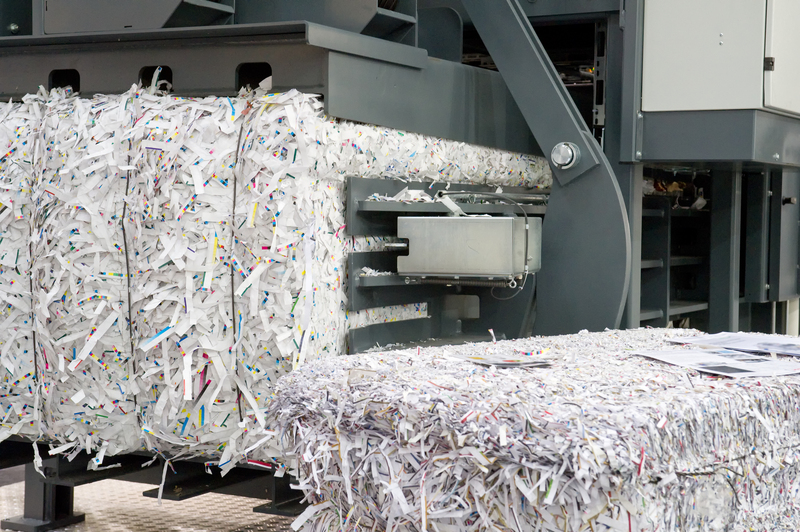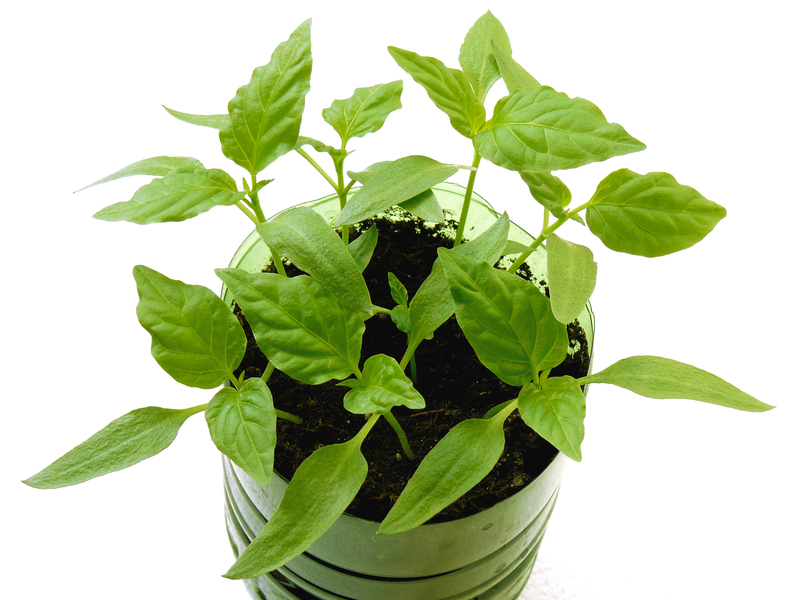Hard Rubbish Insights: Disposal Tips & Tricks
Disposing of hard rubbish effectively and efficiently is crucial for maintaining a clean and sustainable environment. As societies expand and consumption increases, understanding the nuances of managing bulk and hard waste becomes imperative. This guide offers an in-depth look at hard rubbish disposal, providing valuable insights, tips, and tricks to ensure you do it right.
What is Hard Rubbish?
Hard rubbish generally includes large items that cannot be disposed of through regular weekly refuse collections. These items might include furniture, appliances, and other bulky goods that require special handling.
Common Items Classified as Hard Rubbish
- Old furniture like sofas, beds, and tables
- White goods such as refrigerators and washing machines
- Electronic waste, including TVs and computers
- Carpets and rugs
- Mattresses and beds
- General bulky household items

Why Proper Disposal is Important
Improper disposal of bulk waste can lead to several environmental and logistical issues. These include:
- Pollution: Incorrect disposal methods may contribute to land and water pollution.
- Health hazards: Accumulated waste can attract pests and become a breeding ground for bacteria.
- Violation of local laws: Most local governments have regulations regarding bulk waste disposal, and failing to comply can result in fines.
Understanding these factors highlights the importance of efficient disposal methods.
Disposal Tips & Techniques
Assess and Sort Your Rubbish
Before disposing of any large waste items, it's important to assess and sort what you have. This will not only make the disposal process easier but also ensure that items that can be recycled or reused are not unnecessarily thrown away.
Steps to Follow:
- Identify items that are in good condition and can be donated or sold.
- Separate electronic waste, as this often requires special handling.
- Sort by material type to streamline recycling processes.
Explore Donation and Reuse Options
Many items considered hard rubbish can find a second life through donation. Numerous charities and organizations accept furniture and appliances in good working order. By donating items, you add value to your community and contribute to environmental sustainability.
Research Local Hard Rubbish Collection Services
Most municipalities offer scheduled bulk waste collections. Check with your local council to understand their rules and schedules. These services are often free or available at a minimal charge, and they offer a responsible way to dispose of large waste items.
Consider Professional Junk Removal Services
If you have a significant quantity of hard rubbish or lack the means to transport it yourself, hiring a professional junk removal service can be a viable option. These services are equipped to handle large loads efficiently and ensure that waste is disposed of responsibly.
Tricks for Efficient Hard Rubbish Management
Plan Ahead
Planning is key to managing hard rubbish effectively:
- Schedule your clean-up time around council collection dates to avoid storing large items long-term.
- Coordinate with neighbors to share disposal costs if professional services are required.
Use Suitable Transportation
If handling disposal yourself, ensure you have a suitable vehicle for transportation. A trailer or van can be invaluable for hauling large items to a waste facility or a donation center.
Leverage Online Platforms
Platforms like Facebook Marketplace and Gumtree can be useful for selling or giving away items that still have life left in them. You might be amazed at the demand for items you're ready to discard.

Recycling and Sustainability
Recycling should be a critical component of your hard rubbish disposal strategy:
- Many local councils provide recycling programs for items like metals and electronics.
- By recycling, you reduce the amount of landfill waste and conserve resources.
- Consider the environmental impact of each item and choose recycling where possible.
Creating a Sustainable Environment
By incorporating sustainable practices in your hard rubbish disposal process, you contribute to a healthier environment. Recycling, donating, and correctly disposing of waste not only benefits the environment but also fosters community wellness and resource conservation.
Conclusion
Effective management of hard rubbish is crucial in maintaining an orderly home environment and promoting sustainability. By understanding the types of waste, exploring diverse disposal methods, and embracing sustainable practices, you can make a significant impact on reducing your ecological footprint. As you embark on your next cleaning venture, let these hard rubbish disposal tips and tricks guide you to more efficient and responsible waste management.